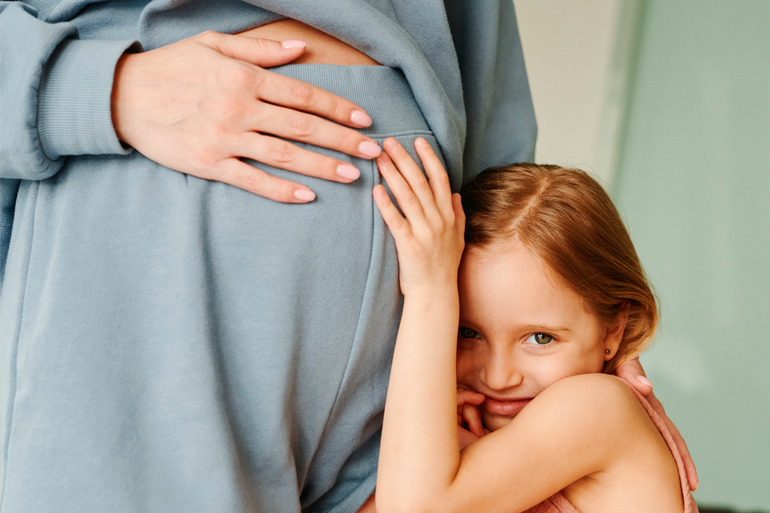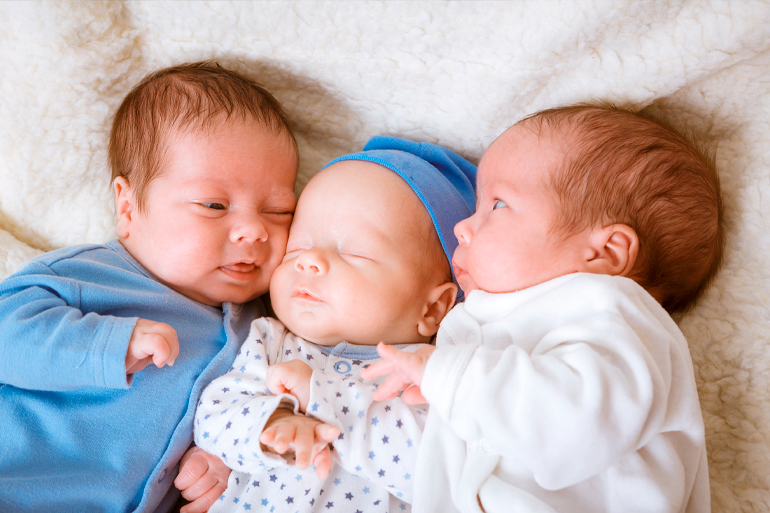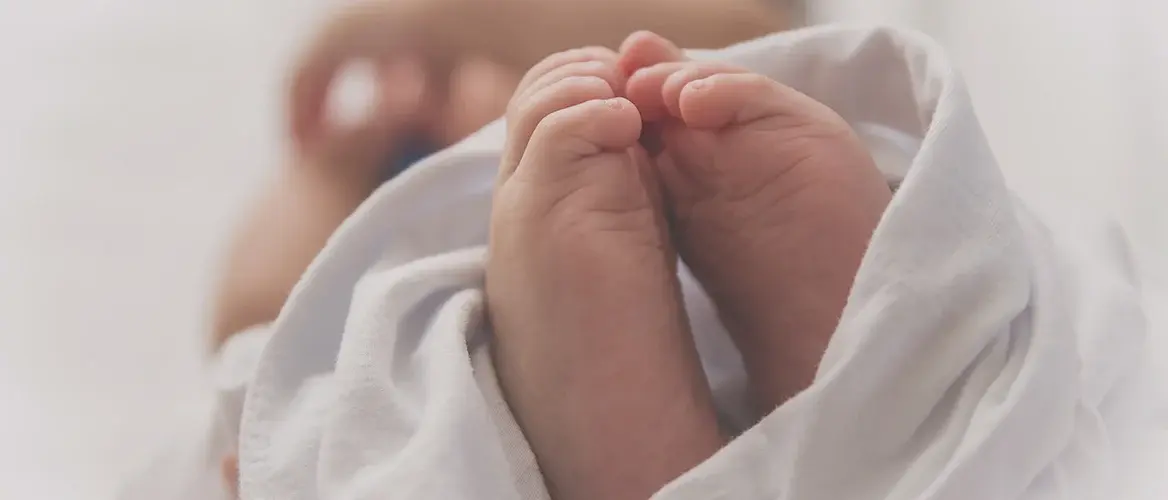May 17, 2022
August 17, 2022
So you’ve found out you’re pregnant, and at your first ultrasound they tell you that you’re expecting twins, or triplets…or more! Although this will a joyous moment for your growing family, you may also find yourself wondering how a pregnancy with multiple babies could be different, and you will want to be well aware of all the risks of multiple births.
Continue reading to find out everything you need to know. As always, consult your healthcare provider for a personalized approach to your pregnancy and risk management. Click the following link if you are searching for more information on Caser maternity health insurance policies.
What causes you to become pregnant with multiple babies?
According to the American Society of Reproductive Medicine, twins occur in about one in 250 pregnancies, triplets in about one in 10,000 pregnancies, and quadruplets in about one in 700,000 pregnancies. Learn the factors that contribute to a woman having multiple babies at once:
- The use of fertility drugs to induce ovulation (causing more than 1 egg to be released from the ovaries).
- To increase the chances of in vitro fertilization (IVF) working, often times more than one embryo is transferred to the uterus, resulting in multiple babies. If the fertilized egg splits after transfer, this will also cause identical babies.
- Women 35+ are more likely to release 2+ eggs during a menstrual cycle than younger women.
- It’s genetics! If you have relatives who have had multiple babies, you’re more likely to as well. If you’ve already had a set of twins or more, this increases your odds, too.
- Other factors such as race (Black and White women are more likely than other races to have more than one baby at a time) and obesity (a body mass index above 30) are thought to play a part.

Is there a way to know you’re pregnant with multiple babies?
There’s no one sure clue that means that you’re having twins or triplets, but there are a few signs your body might be telling you:
- More rapid weight gain in the first trimester than with a single pregnancy.
- You feel movement in different parts of your belly at the same time.
- Higher levels of the HCG hormone or alpha-fetoprotein.
- Most multiples are discovered at the first ultrasound (multiple heartbeats or a uterus larger than usual).
How is prenatal care different for multiple births?
Your maternity care will be more or less than same, but you should speak with your doctor about your maternity journey so that you know what to expect.
- Extra calories: Someone who is pregnant with twins will need an extra 600 calories a day. For triplets, they would need even more, so your doctor can direct you on the right diet regimen.
- Medical care: You may have more frequent doctor’s visit and ultrasounds, and special tests to make sure the babies are progressing healthily.
- High-risk pregnancy: If you’ve had complications in a previous pregnancy or you have serious health conditions, these can factor into your multiple births being a high-risk pregnancy. You should find a doctor who specializes in high-risk pregnancies.
- Breastfeeding: You need a large milk supply, and may need help learning to tandem feed or choosing the right breastfeeding positions. Consult a lactation specialist.
What are the risks of multiple births?
Carrying one baby to term is a feat in itself. Carrying multiple babies to term comes with its own set of risks:
- Gestational hypertension: Women pregnant with more than 1 baby are 50% more likely to develop high blood pressure during pregnancy (gestational hypertension). It can develop earlier and be more severe.
- Anemia: Having a lack of red blood cells to carry oxygen to the body’s tissues, making you feel tired and weak. Other symptoms include shortness of breath, dizziness, headaches, or an irregular heartbeat. Anemia is more than twice as common in multiple pregnancies.
- Pre-eclampsia: 50% more likely to develop pre-eclampsia, which can damage the kidneys, liver, lungs, and other organs, and may cause a stroke or injuries.
- Gestational diabetes: High blood sugar during pregnancy, causing the babies to grow too big, risking birth complications.
- Twin-twin transfusion syndrome: Affects 10% of identical twins and develops when a connection between the babies' blood vessels allows one baby to get too much blood and the other too little. This can be treated with laser surgery or drainage of excess amniotic fluid.
- Miscarriage: The loss of one of the fetuses is more likely in when there are multiple babies (usually during the first trimester).
- Preterm birth: the most common risk of a multiple birth is a preterm birth; that is, being born before 37 weeks. In fact, over half of all twins are born premature and triplets and greater multiples are almost always born premature.
- Caesarean delivery (C-section): A C-section is more likely with multiple births. During a c-section, the doctor makes a cut in the belly and uterus to remove the baby.

What are the risks for premature babies?
As mentioned above, a premature baby is born before 37 weeks of pregnancy. Babies born too early can have more risks or health problems because they may not be fully developed at birth:
- Low birth weight: Over 50% of twins weigh less than 5.5 pounds. Having a very low birth weight can contribute to babies having vision and hearing loss, mental disabilities, and cerebral palsy.
- Not fully developed: Some premature babies don’t have mature organ systems, and they may need help breathing, eating, fighting infection, and staying warm.
- NICU: Many premature babies will need care in a neonatal intensive care unit (NICU).
- Birth defects: They have twice the risk of congenital abnormalities.
- Disabilities: They are at greater risk of learning and behavioral disabilities than may appear later in childhood or adulthood.
As you have read, the risks of multiple births can be serious and definitely need to be taken into account, but with proper management and healthcare, you and your babies will get the best maternity care possible. Caser Expat Insurance is here to support all of your private maternity insurance needs. Consult the guide below to learn more about our pregnancy-related healthcare coverage:
|
If you are searching for health insurance in Spain, Caser Expat Insurance has the right policy for you!
|
.png?width=344&height=67&name=logo_caser%20(2).png)






.jpg)


Let Us Know What You Thought about this Post.
Put your Comment Below.